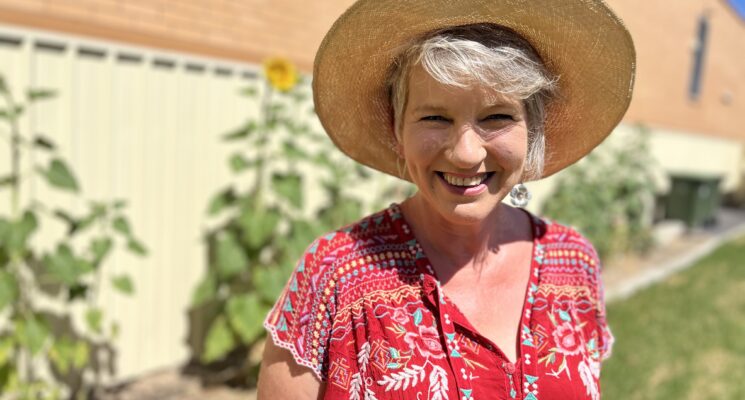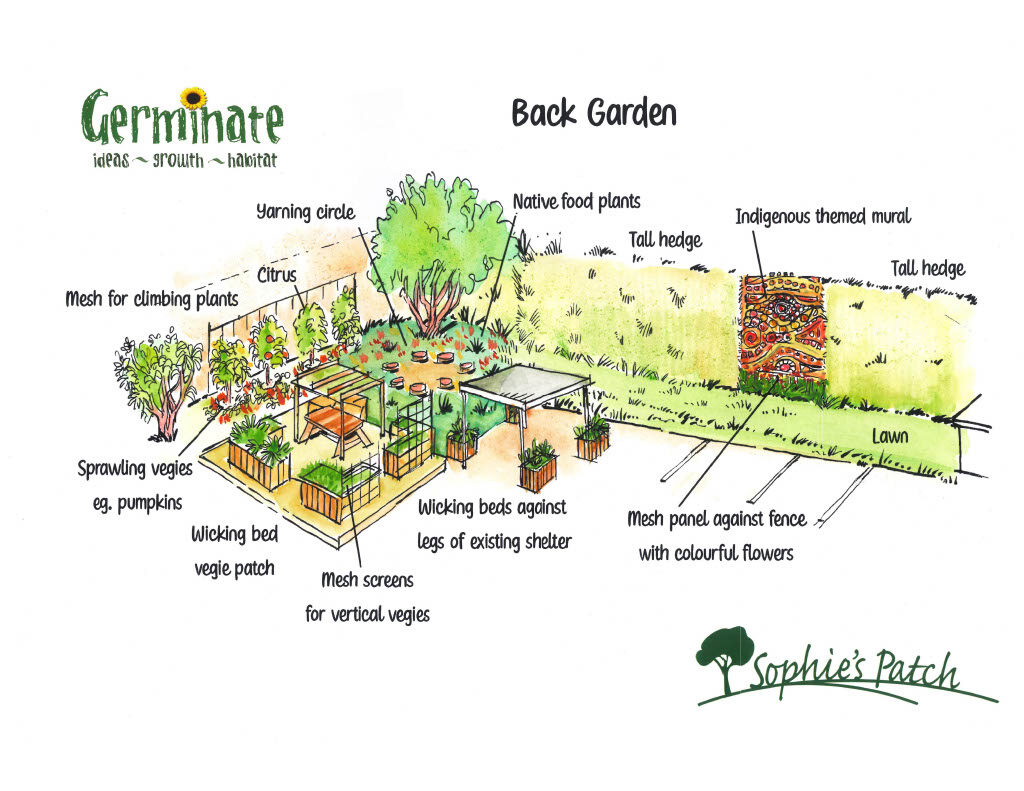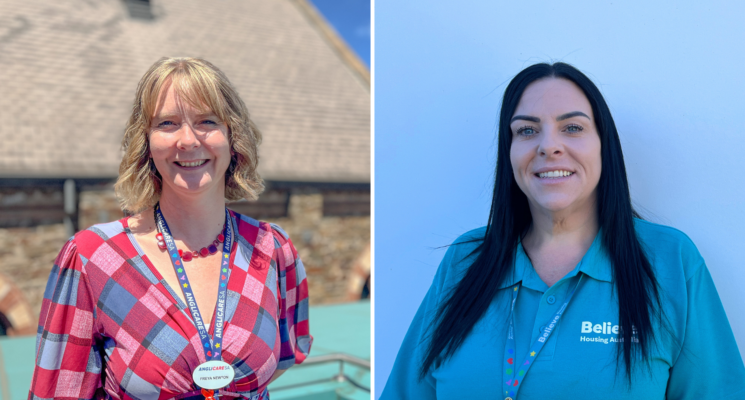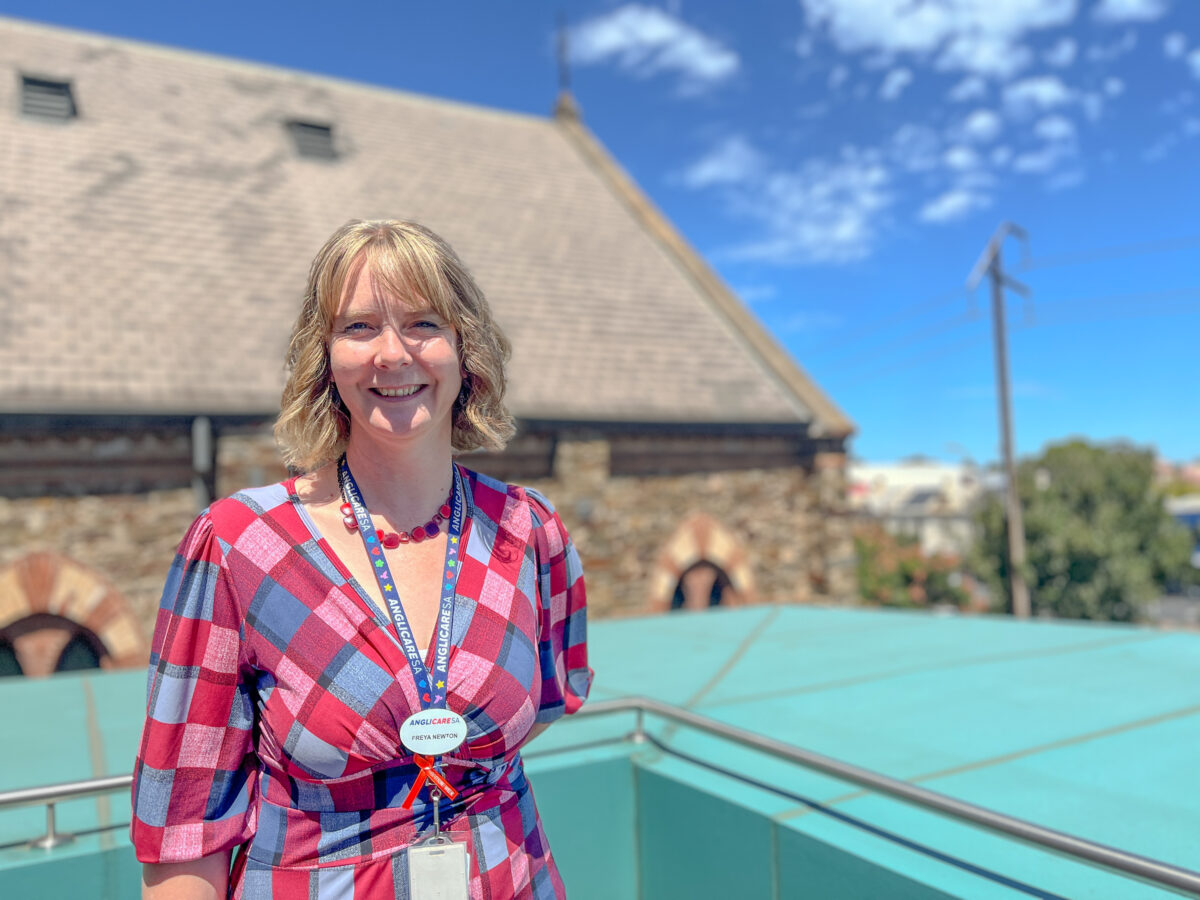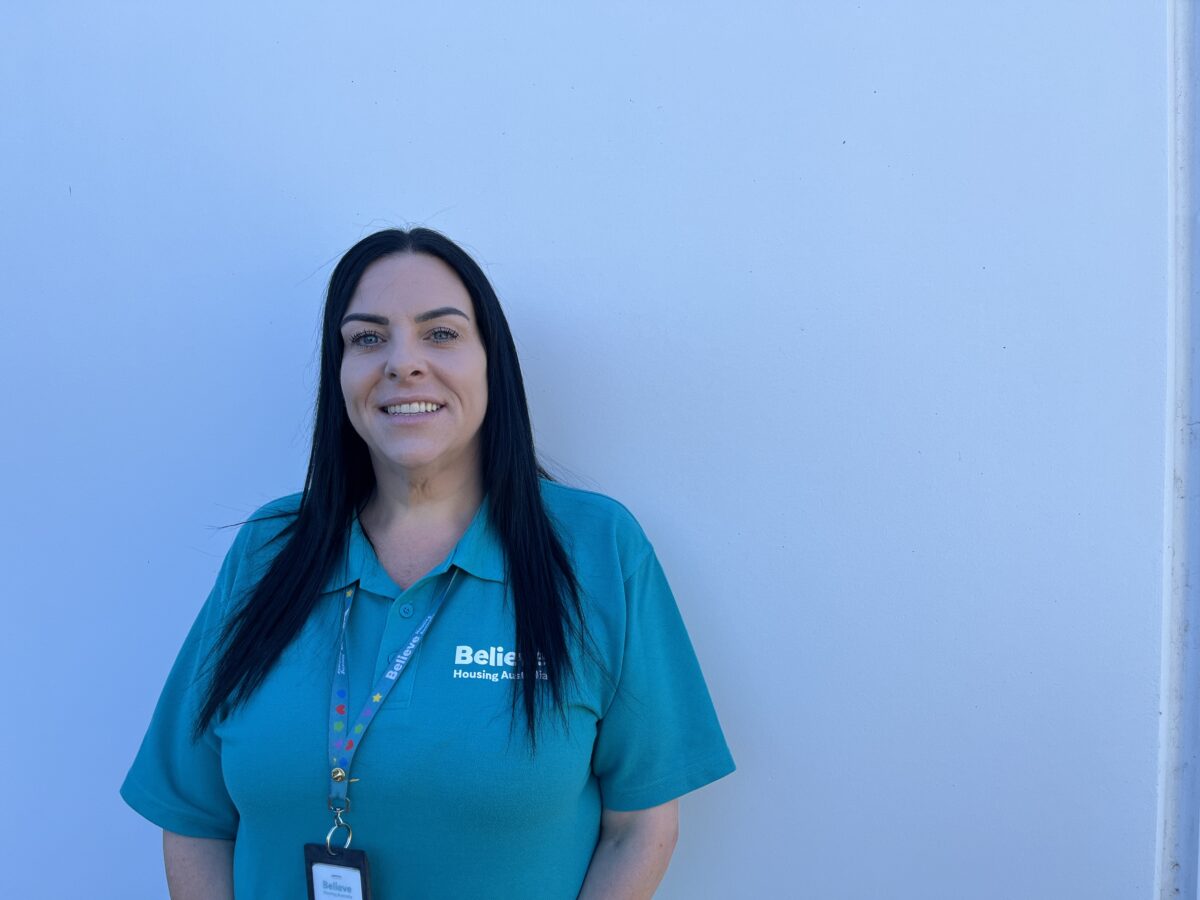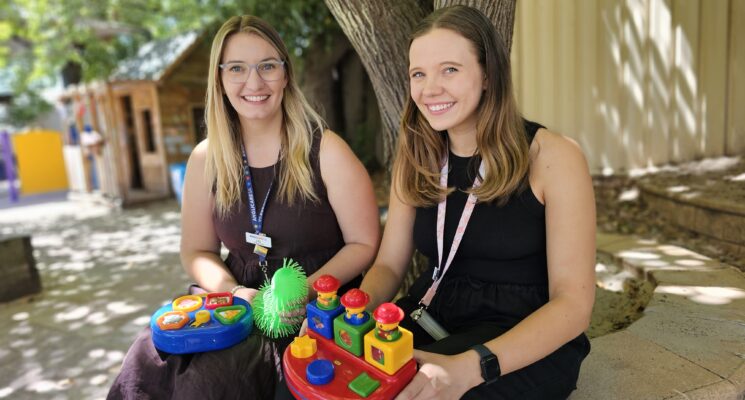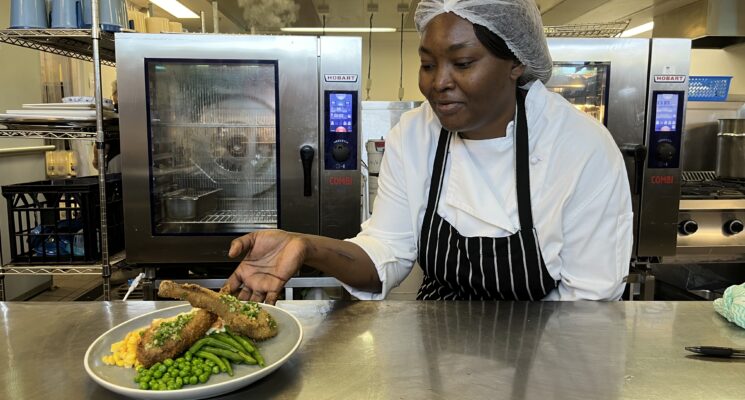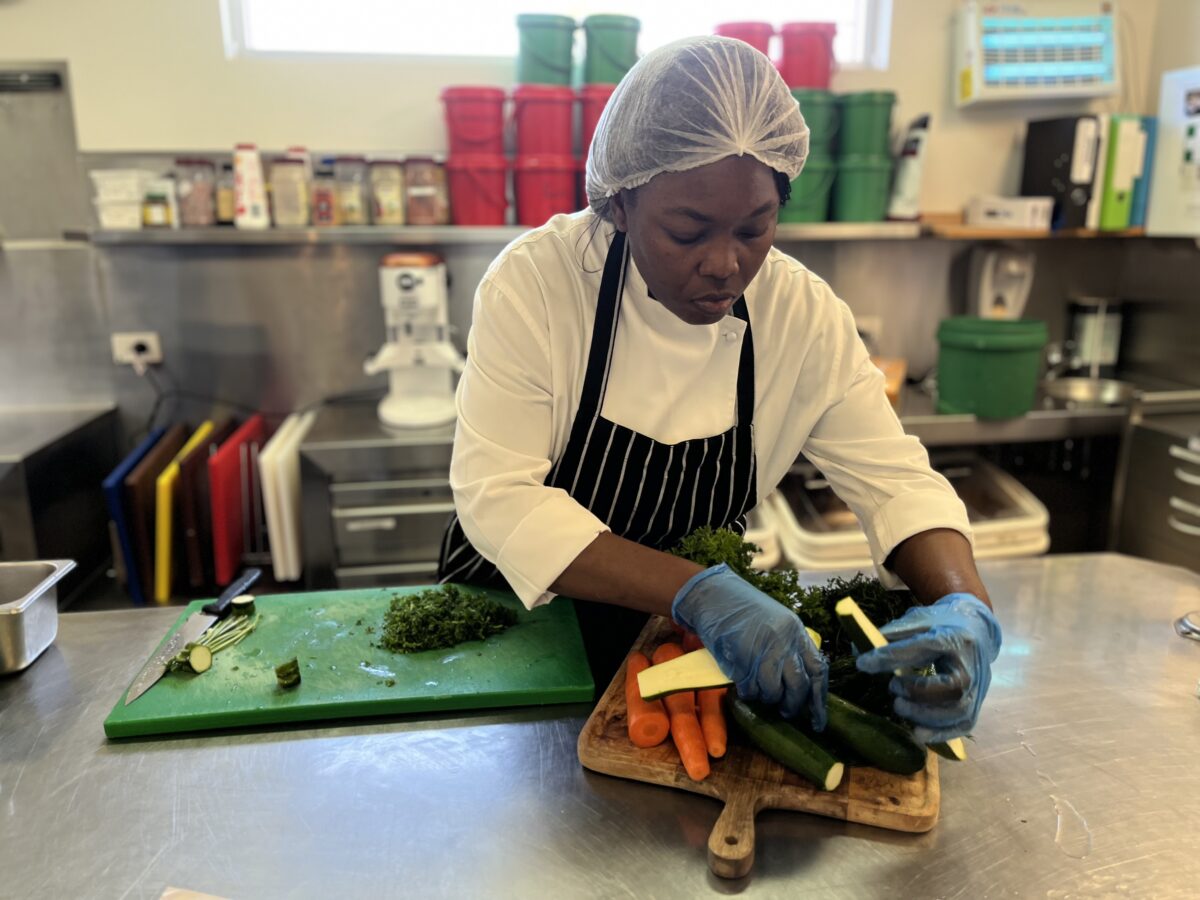
Ashini, 23, has a busy schedule – in addition to full-time study as a nursing student, she also finds the time to volunteer every Thursday morning at AnglicareSA’s Magdalene Centre.
While Ashini has only been at AnglicareSA for a month, she’s no stranger to volunteering.
“Before I moved to Australia for my studies, I used to volunteer in Sri Lanka,” Ashini said.
“I truly have a passion for helping people – it’s why I volunteer and want to be a nurse.”
As a volunteer in emergency assistance, Ashini works closely with people in need, helping to provide food, pharmacy vouchers (for prescribed medication), or referrals to other support services such as financial counselling.
She said her experience has been rewarding and taught her some valuable skills.
“I get satisfaction out of being able to work with those experiencing hardship to get them the support they need,” Ashini said.
“Volunteering has improved my communication skills and taught me how to remain calm under pressure and empathise with others. These are skills I can draw on in my future career as a nurse.”
Ashini is calling on more young people to get involved and volunteer.
“It’s the perfect time to volunteer because you have the energy and capacity to help others,” she said.
“Think about what you want to get out of volunteering and pick a suitable activity.”
Sonyia Cannon, Emergency Assistance Team Leader at the Magdalene Centre, said that it is encouraging to see young people like Ashini volunteer their time to help others.
“It is inspiring to see the next generation of young people so eager to dedicate their time to help change lives,” Sonyia said.
“Ashini has a willingness to support our community and learn as much as possible to better assist people with the service we provide.
“She is a pleasure to work with and is respected by all who work with her.”
At AnglicareSA, we’re proud to have around 300 volunteers who give their time to support people in need. Volunteers are an integral part of our support services — their generosity and commitment enable us to deliver a broad range of services to the South Australian community.
You can register your interest online by clicking here, or view our current volunteer opportunities here.
